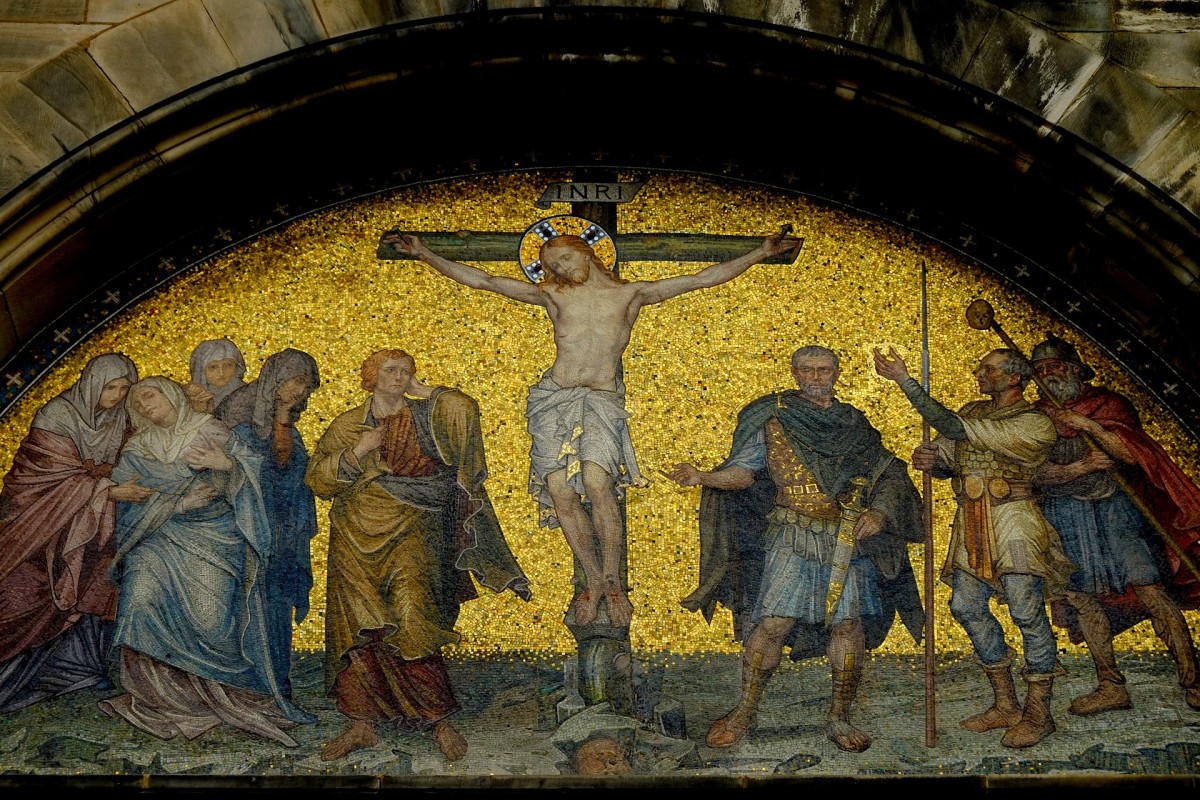Snapshot Of Philippians

Snapshot of Philippians.
As we continue with our one lesson studies of the books of the New Testament, we come to one of the jewels of Paul's letters. The background to this letter is found in Acts 16 where Luke records three conversions in the city of Philippi. Here three people from very different levels of society are the benefactors of the Good News and two turn to Jesus in response to the preaching of the good news. Two with their households are baptised on believing.
Paul, accompanied by Paul, Silas and Timothy and the rest of the group who arrived in this city referred to as "a Roman Colony and the leading city of the district of Macedonia" make an immediate impact. (Acts 16:12 - T.N.I.V. translation of the N.T.)
Philippi was an important city that lay on the main trading route between the West and the East. Rome set up such cities as part of their colonial control, resettling retired officials in that city to maintain the transport routes and also the "Pax Romana", or peaceful government. It was a rich city due to its trading importance and an ideal place from which to evangelize the surrounding areas.
As the letter is read, is becomes obvious that this was a very special congregation to the Apostle Paul. They assisted him financially at times (4:14-16) and so the letter had several purposes. Firstly, it was a letter of thanks for what they had done for him. Secondly it was to request the congregation there to receive Epaphroditus, who had brought their gift to Paul and served him for a while in prison, back with open arms. But as in all Paul's letter it was an encouragement to keep faithful and do good.
The letter has been referred to as "The Letter of Joy" as it, over and over, encourages the Christians in Philippi to rejoice. It also refers to the partnership that Paul shares with the Church there and encourages them to share the same partnership with each other and with society as they proclaim the "Good News".
Paul encourages them to share as partners in grace, as partners in the work of the Gospel, as partners in suffering, as partners in love and as partners in a life. Then the praise and glory can be given to God (1:3-11).
The only warnings that he gives the Church in Philippi are to beware of the false teaching of "the dogs" (3:2-4) and to guard against differences of personality that can lead to disunity (4:2).
The letter, however, is really a message of joy and of a meaningful Christian life. Joy is mentioned many times (1:4; 1:18; 1:25; 2:17; 2:28; 2:29; 3:1; 4:1; 4:10) by a man in prison in Rome who finds the time to write about the joy that is central to the Christian life.
It is also the letter of sufficiency: " I am not saying this because I am in need, for I have learned to be content whatever the circumstances. I know what it is to be in need, and I know what it is to have plenty. I learned the secret of being content in every situation, whether well fed or hungry, whether living in plenty or in want. I can do all things through him who gives me strength". (4:11-13). Here, towards the end of his life, Paul shares secret of the amazing contentment that a life in Christ Jesus can bring - a lesson we all need to learn. Happiness in life comes from learning how to live that life.
The early Church was also an all inclusive church as illustrated so graphically by the three different people described in Acts 16. A slave girl is rid of the demons that make her an economic proposition for her owners (Acts 16:16-18). A jailor finds Jesus in a dark hour of the night and he and his family are baptised into Christ (Acts 16:31-34). A rich woman, a seller of purple is converted to Christianity and as she opens her heart to the message she and her household were baptized (Acts 16:13-15) This was then perhaps the beginning of the congregation that Paul writes this warm and loving letter of encouragement to.
This letter is then to be read and celebrated in the hearts of all who share in the gift of God in Christ Jesus. "And this is my prayer: that your love may abound more and more in knowledge and depth of insight so that you may be able to discern what is best and may be pure and blameless for the day of Christ, filled with the fruit of righteousness that comes through Jesus Christ - to the glory and praise of God" (1:9-11).
References: Today's N.I.V. translation - Zondervan.
Barclay, W. The Men, the Meaning and the Message.








